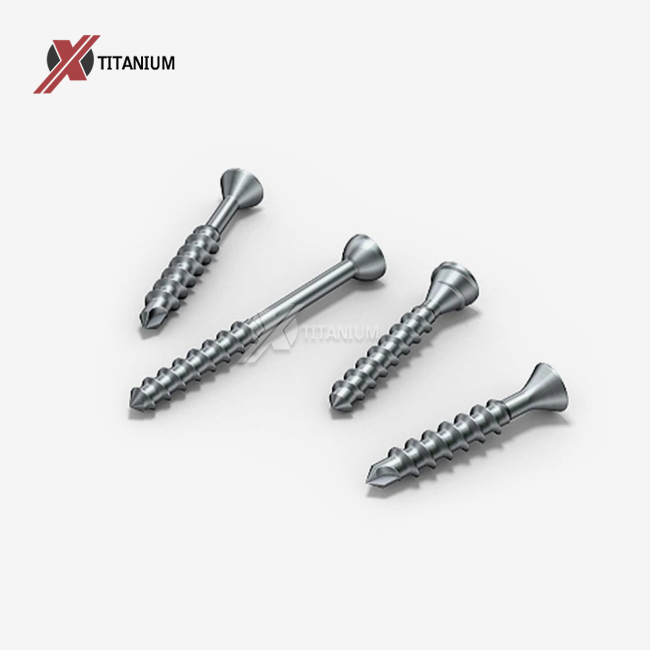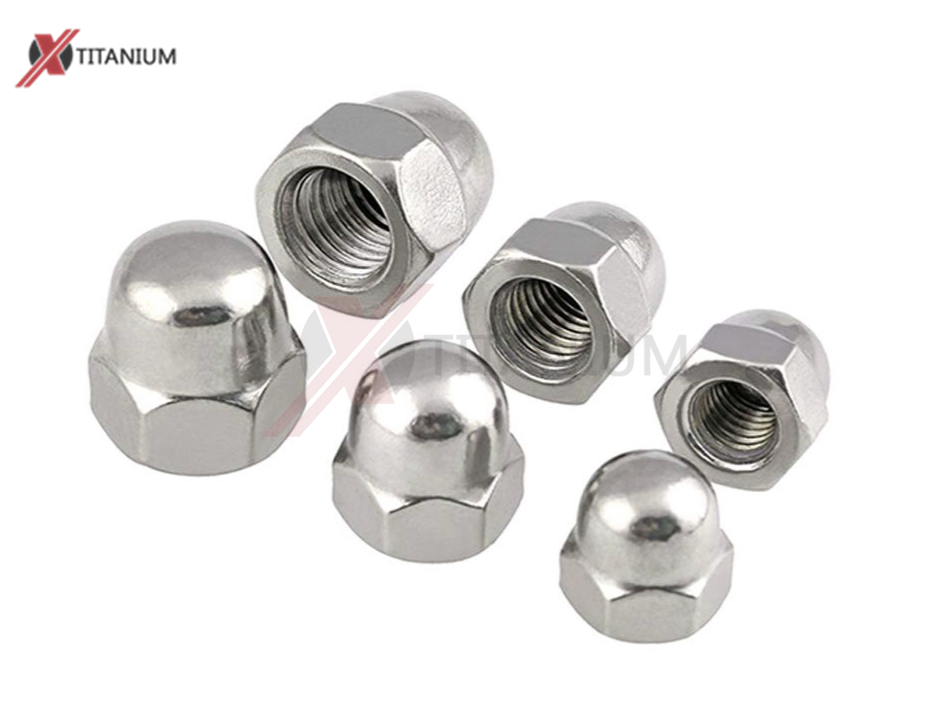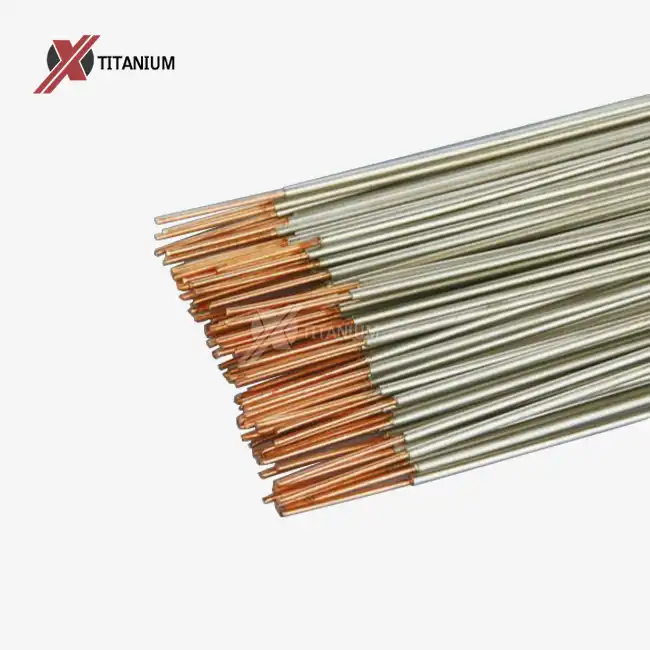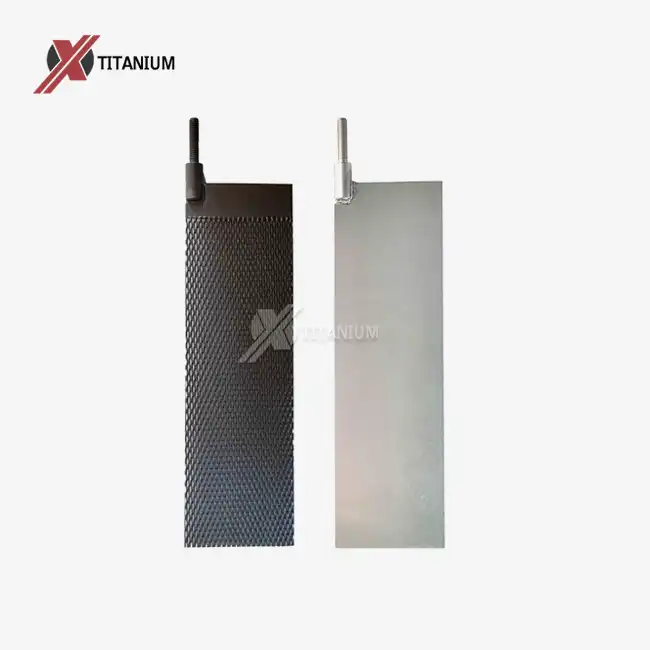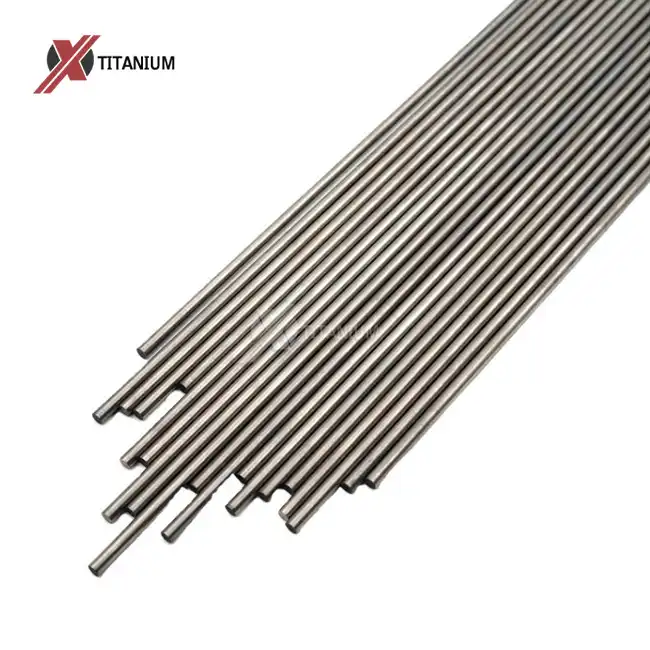Understanding Titanium Medical Screws and Their Applications
What are titanium medical screws?
Titanium medical screws are specialized fasteners used in various orthopedic and dental procedures. These screws are typically made from medical-grade titanium alloys, such as Ti-6Al-4V (Grade 5 titanium), which offer a unique combination of strength, lightweight properties, and biocompatibility. The screws are designed to provide stable fixation for bone fragments, joint replacements, or dental implants, facilitating proper healing and long-term functionality.
Common uses in medical procedures
Titanium medical screws and restorative screws discover applications in a wide extend of surgical mediations. In orthopedics, they are as often as possible utilized for break obsession, spinal combination, and joint recreation. Dental specialists utilize titanium medical screws and titanium screws for dental inserts and maxillofacial recreation. These flexible clasp moreover play a pivotal part in craniofacial surgery, making a difference to stabilize bone joins and prosthetic components.
Advantages of titanium over other materials
Titanium offers several advantages over alternative materials for medical implants. Its superior strength-to-weight ratio allows for smaller, less invasive implants without compromising structural integrity. The material's corrosion resistance in bodily fluids ensures long-term stability and reduces the risk of adverse reactions. Additionally, titanium's ability to osseointegrate – form a direct structural and functional connection with living bone tissue – promotes faster healing and improved implant longevity.
Safety Profile of Titanium Medical Screws
Biocompatibility and reduced risk of allergic reactions
One of the primary reasons titanium medical screws are considered safe is their exceptional biocompatibility. The human body generally does not recognize titanium as a foreign substance, minimizing the risk of rejection or adverse immune responses. This characteristic makes titanium an ideal choice for individuals with metal sensitivities or allergies. The inert nature of titanium also contributes to its long-term safety profile, as it does not release harmful ions or particles into the surrounding tissues.
Resistance to corrosion and degradation
Titanium's remarkable resistance to corrosion is a key factor in its safety as a medical implant material. When exposed to oxygen, titanium forms a stable oxide layer on its surface, protecting it from further degradation. This property is particularly important in the context of titanium medical screws and medical screws, as it prevents the release of metal ions into the body and ensures the structural integrity of the implant over time. The corrosion resistance of titanium also contributes to its ability to withstand the harsh chemical environment within the human body, including exposure to various bodily fluids and enzymes.
Long-term stability and integration with bone tissue
Titanium medical screws exhibit excellent long-term stability once implanted in the body. The material's ability to osseointegrate allows for a strong bond between the screw and the surrounding bone tissue. This integration not only enhances the stability of the implant but also promotes proper healing and reduces the risk of implant loosening or failure over time. The porous surface of titanium implants further facilitates bone ingrowth, creating a seamless interface between the implant and the natural bone structure.
Potential Risks and Considerations
Surgical complications and infection risks
While titanium medical screws themselves are generally safe, it's important to acknowledge that any surgical procedure carries inherent risks. Complications such as infection, bleeding, or nerve damage can occur during the implantation process. However, these risks are primarily associated with the surgical procedure rather than the titanium screws themselves. Proper surgical techniques, sterile conditions, and post-operative care significantly mitigate these risks. Patients should follow their healthcare provider's instructions carefully to minimize the chances of complications.
Potential for implant failure or loosening
Although rare, there is a possibility of titanium medical screws or implant failure or loosening over time. This can occur due to various factors, including excessive stress on the titanium medical screws or the implant, poor bone quality, or inadequate initial fixation. In some cases, the body's natural healing process may lead to changes in bone structure that affect the stability of the titanium medical screws or the implant. Regular follow-up appointments and imaging studies can help detect any signs of titanium medical screws or implant-related issues early, allowing for timely intervention if necessary.
Considerations for removal and revision surgeries
In certain situations, titanium medical screws may need to be removed or revised. This could be due to completed healing, mechanical irritation, or the need for additional surgical interventions. While titanium implants are designed for long-term use, their removal can sometimes be challenging due to strong integration with the surrounding bone. Surgeons must carefully weigh the benefits and risks of removal procedures, considering factors such as the patient's overall health, the implant's location, and the potential impact on bone structure.
Conclusion
In conclusion, titanium medical screws have proven to be a safe and effective option for various medical applications. Titanium medical screws offer biocompatibility, corrosion resistance, and the ability to integrate with bone tissue, making them an excellent choice for long-term implantation. While no medical procedure is entirely without risk, the use of titanium medical screws has a well-established track record of safety and efficacy.
Patients considering procedures involving titanium medical screws should discuss any concerns with their healthcare providers and follow post-operative instructions carefully to ensure the best possible outcomes. For more information about titanium products and their applications in the medical field, please contact us at info@cltifastener.com or djy6580@aliyun.com.
